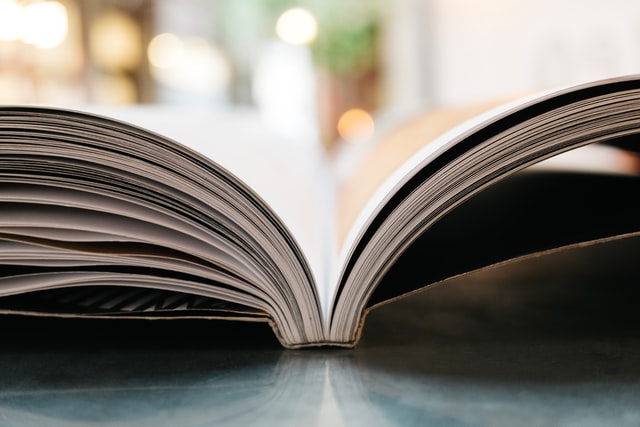TKILTCAM and BBTWW, Comparison and Similarities
Abbreviation
TKILTCAM stands for “The Sky Is Low, the Clouds Are Mean”;
BBTWW stands for “Blow, Blow, Thou Winter Wind”.
Poets
Although TKILTCAM by Emily Dickinson and BBTWW by William Shakespeare are about the rough weather, they have different themes, messages, meanings, and endings.
Concepts of Poems
TKILTCAM is a gloomy poem about storms and uses several negative words such as “mean”, “debates”, and “complains” to portray the negative theme. On the other hand, BBTWW by William Shakespeare is about enjoying life even if the winter is rough. “Freeze, freeze thou bitter sky” reflects the mood of the poem. However, the mood changes later as the words become more positive such as “Then, heigh-ho, the holly! This life is most jolly.”
Similarities of Poems
There are some similarities as well. Both poems suggest that weather could be bad and influencing. In TKILTCAM, “Nature, like us, is sometimes caught without her diadem” highlights that nature is not always nice just as someone caught without his/her crown. In BBTWW, “Freeze, freeze, thou bitter sky, That dost not bite so nigh As benefits forgot. Though thou the waters warp, Thy sting is not so sharp” reveals that winter is not as bad as it seems.
Conclusion
To conclude, both poems are beautifully written to show the contrasts of the weather and how they affect one’s moods. TKILTCAM is just about how nature is not always so kind and doesn’t have a jolly ending. It is the reason I liked BBTWW more than TKILTCAM because it conveys the message that you can be happy even in the cold, chilling winters.

